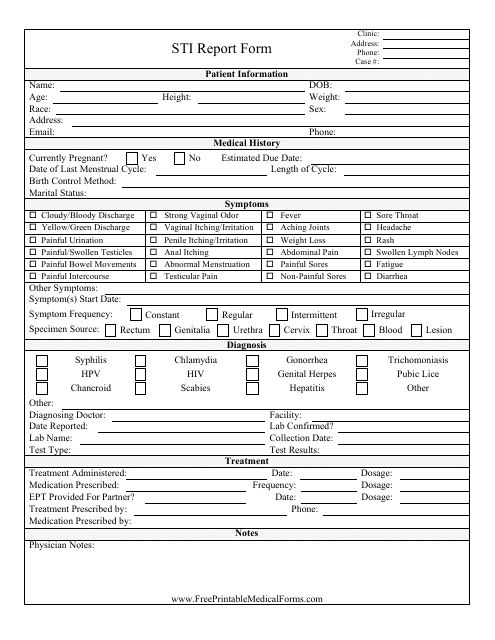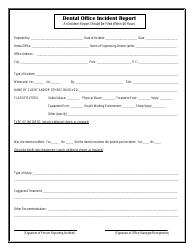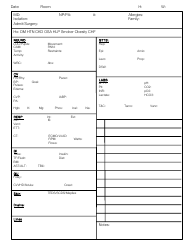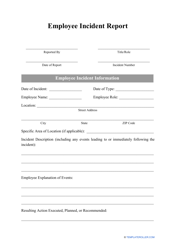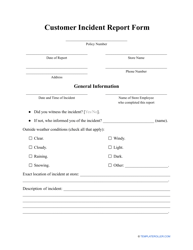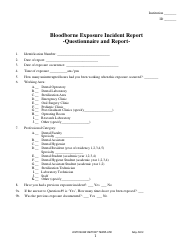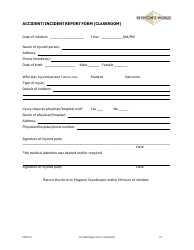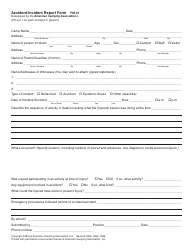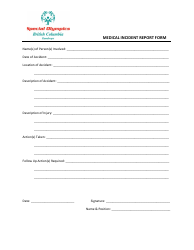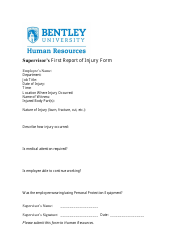Sti Report Form
The Sti Report Form is used for reporting cases of sexually transmitted infections (STIs). It helps collect and track data on STI cases for public health monitoring and intervention purposes.
In the context of the question, it is unclear what "Sti Report Form" refers to. Could you please provide more information or clarification?
FAQ
Q: What is an STI report form?
A: An STI report form is a document used to report cases of sexually transmitted infections.
Q: Who uses an STI report form?
A: Healthcare providers and laboratories typically use STI report forms to report cases of sexually transmitted infections.
Q: Why is an STI report form important?
A: An STI report form is important because it helps collect data on the prevalence of sexually transmitted infections and allows for monitoring and surveillance of these infections.
Q: What information is included in an STI report form?
A: An STI report form typically includes details about the patient, such as their name, age, and contact information, as well as information about the specific STI diagnosis.
Q: Do I need to fill out an STI report form?
A: As an individual, you do not typically need to fill out an STI report form. It is usually completed by healthcare providers and laboratories when reporting cases of sexually transmitted infections.
Q: Is my information confidential on an STI report form?
A: Yes, your personal information on an STI report form is confidential and protected by patient privacy laws.
Q: How are STI report forms used?
A: STI report forms are used to collect data on sexually transmitted infections, monitor trends, and guide public health interventions and prevention efforts.
Q: Can I access STI report form data?
A: While individual STI report form data is typically confidential, aggregated data from these forms may be available for research and public health purposes.
Q: What should I do if I suspect I have a sexually transmitted infection?
A: If you suspect you have a sexually transmitted infection, you should seek medical attention from a healthcare provider who can provide testing, diagnosis, and treatment.
Q: How can I protect myself from sexually transmitted infections?
A: To protect yourself from sexually transmitted infections, it is important to practice safe sex, including using condoms and getting regular STI screenings.
